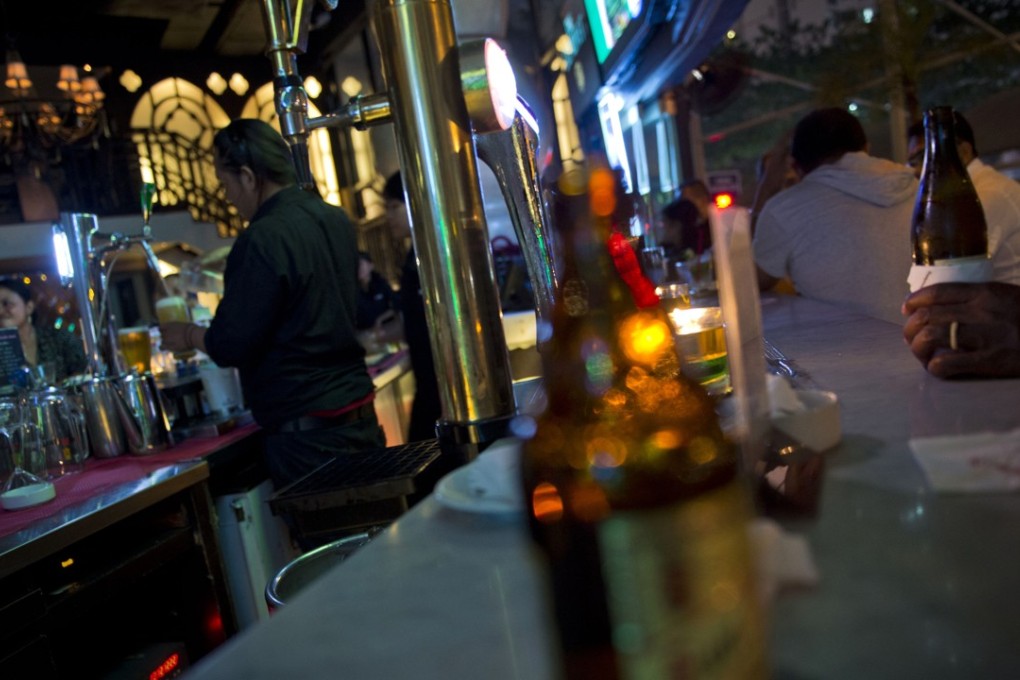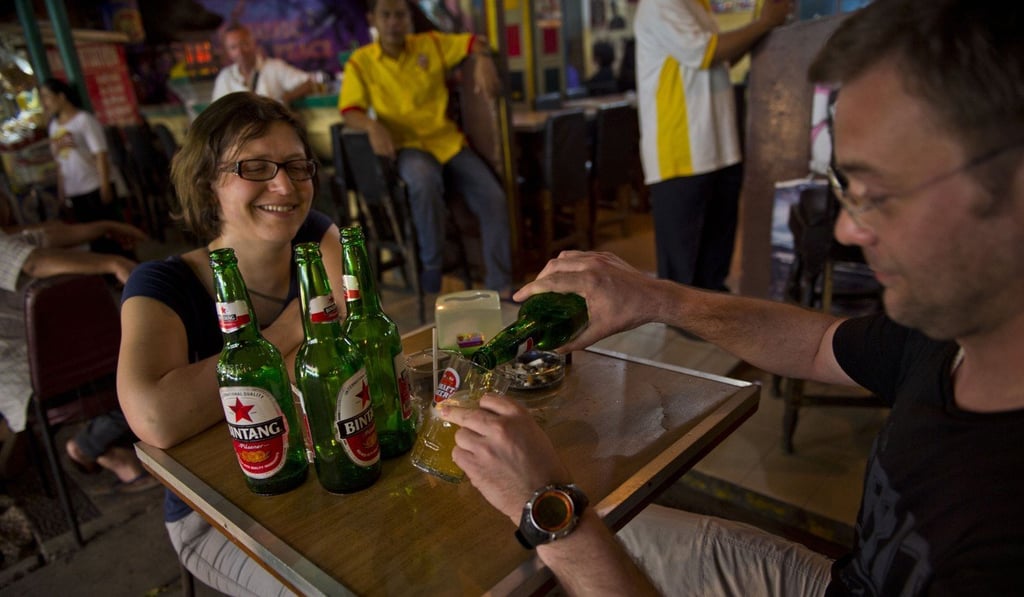How Indonesian bars can keep serving in Ramadan
What may look like tolerance is more a ‘manifestation of muddling’ – a welcome grey area that allows both hardline Islamic groups and secularists to feel they are winning, saving face all round

Straining to make herself heard over an Oasis cover band, Maggie, who didn’t want to give her full name, explains her bar’s strategy during the Islamic holy month of Ramadan.
“You don’t want to be too obvious,” she says, also asking that the name of her sprawling venue in the heart of the Kemang entertainment district in Jakarta be withheld – after all, she doesn’t want to attract attention.
Every Ramadan during the past 10 years, Maggie has shut the bar in the front, covered the windows and directed patrons to the restaurant in the back where drinks are served in ceramic mugs rather than glass. Signs advertising Heineken and Bintang beer are covered in black plastic. “You never know if there’s going to be trouble,” she explains.
Would a fatwa stop Indonesia’s ‘fake news’?
Welcome to Jakarta at Ramadan, where a variant of “don’t ask, don’t tell” may well be the maxim for some as a way of keeping the peace between hardline conservatives and secularists – as well as a nod toward the simple realities of keeping a business open.

But after a first half of 2017 that saw the persecution of the Indonesian capital’s gay and lesbian community, the jailing of its Christian, ethnic Chinese governor thanks to rabble rousing Muslim conservatives and the election of his successor, whose manifesto includes a year-round ban on alcohol, the light touch on tippling may come as a surprise.
Not especially, it turns out. It’s true that Jakarta has been gradually restricting booze during Ramadan since about 2005, when anyone buying beer had to show ID to prove they were the legal drinking age of 21. As conservatives gained influence, though, “nightspots” like ostentatious clubs, massage parlours, and karaoke bars with billiard tables – would close during the holy month or face the wrath of vigilantes. Tarps would be thrown over beer billboards. Liquor stores would be boarded up.
